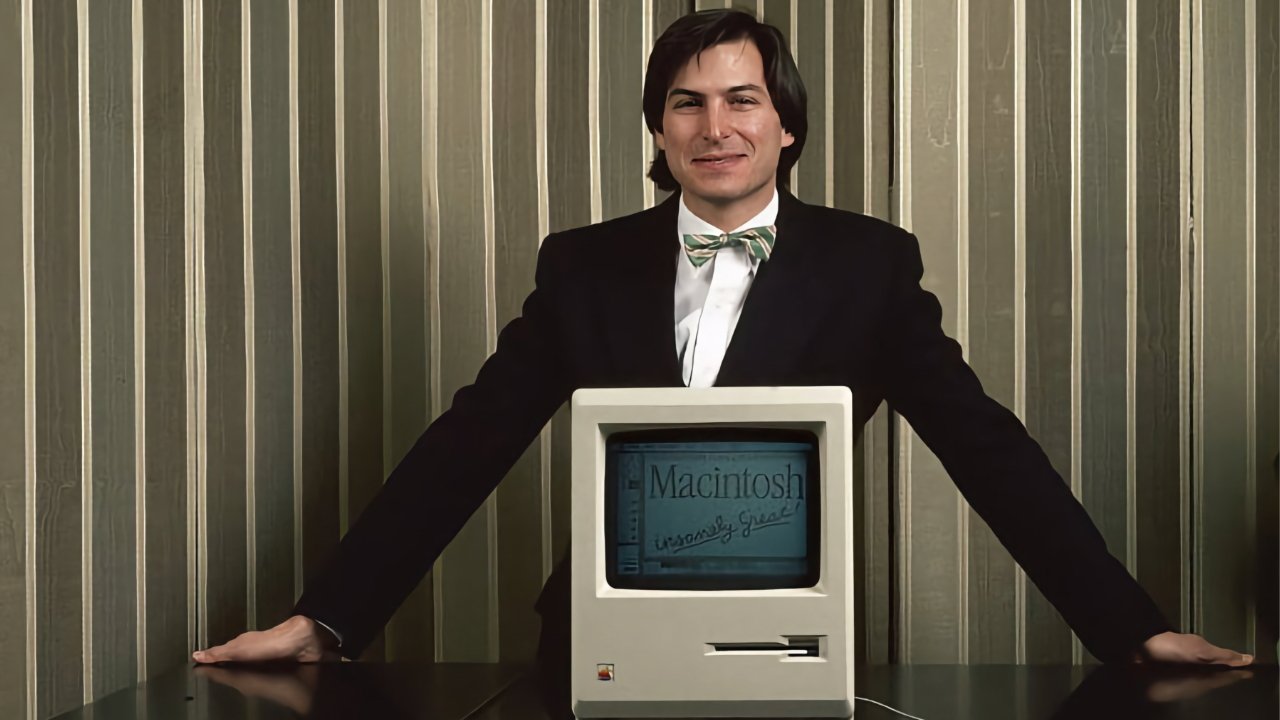AppleInsider is supported by its audience and may earn commission as an Amazon Associate and affiliate partner on qualifying purchases. These affiliate partnerships do not influence our editorial content.
Apple CEO Tim Cook has guest-edited the latest edition of Popular Mechanics, and in an interview explains just how he thinks Steve Jobs would view the company today.
Following Jony Ive’s guest editing of the Financial Times magazine about design, Tim Cook has taken over Popular Mechanics — and revealed it is a favorite.
“[Popular Mechanics] answered the question ‘How?’ a lot,” he says in the full paywalled interview. “And it explored things that I was terribly interested in, from cars to space travel. It got me interested in the 50-in-1 Tandy Science Fair Radio Shack kit.”
“And I think it’s so awesome that it has survived over 100 years, that the magazine could evolve and still be for hobbyists and tinkerers— the computer business got started in the same way,” he continued. “The people who were originally interested in computers were hobbyists and tinkerers.”
Cook was asked about how the computer industry moved from “tinkerers” to where it is today and how a company like Apple comes up with its ideas.
“They don’t take any singular route, they can come from everywhere in the company,” he said. “We believe in putting groups of people together focused on solving some problem for a user.”
“You pick diverse teams that look at the problem through different lenses,” continued Cook. “We debate about things that we do and do not do, because we know we can only do a few things well.”
“You have to debate and say no to a lot of great ideas so that you can spend your time on the ones that are truly unbelievable,” he said. “[Usually] the way that you get people around here to do something is to tell them you’re not sure it’s doable.”
“That’s the red flag in front of the bull, because a lot of people here don’t take ‘impossible’ as being true,” said Cook. “If we convince ourselves it’s in the best interest of the user, that’s a compelling force for us to power through the problem.”
One example he gives of how Apple products regularly make him feel “like a kid in a candy store,” is the move to Apple Silicon.
“We were just talking in the hallway about M2 and M1 — the history there goes back well over a decade,” said Cook. “It goes back to the genesis of the M chips, or the A chips, from iPhone and really getting in and figuring out, how do you put a powerful chip in something that small and not get it to heat up and burn up?”
“We found ourselves with a similar issue for laptops: How do you put something in there that is the most powerful computer chip in the world?” he continued. “Out of that was born M1, and now we’ve taken it further with M2. And Mac is now a totally different product than it was before.”
Cook says that Steve Jobs originally wanted to put a Mac in every classroom. “Later, we revised that for everyone within the classroom to have their own Mac,” he added.
Beyond the Mac, Apple is now known for health — and Cook has previously said that may be what Apple is remembered for. In this new interview, he says that Apple just wanted to encourage people to exercise more.
“We added coaching to that to prompt people — you may get a notification that you only need to walk another 12 minutes today to close your rings,” he said. “I get a lot of notes from people saying how motivating it is. They’ve closed their rings for 365 days straight. This is amazing — I don’t close mine 365 days straight.”
With Apple now spread out across health, services, and multiple platforms, Cook was asked what he thought Steve Jobs would think of the company today.
“I think he would find things that he loved and things that he would say, ‘We can do better on that,'” said Cook. “I think he would do both. As we all do. We are never really satisfied. We’re always working on tomorrow.”
“I think about him a lot. I miss him dearly,” Cook continued. “He would always stop by my office on his way out. And there’s never been a replacement for that.”
“We would exchange tidbits on the day and talk about the future… and we try to carry on the mission that he set in place, to build the best products in the world that enrich people’s lives,” he said. “And that hasn’t changed. Lots of things change with time. But the reason for our being is the same.”
Tim Cook’s interview is part of a special Popular Mechanics edition about what he describes as “responsible innovation.”
“At Apple, we believe that we have a responsibility to leave the world better than we found it,” Cook explains in his editorial. “And that’s why we put our values at the center of everything we do.”





